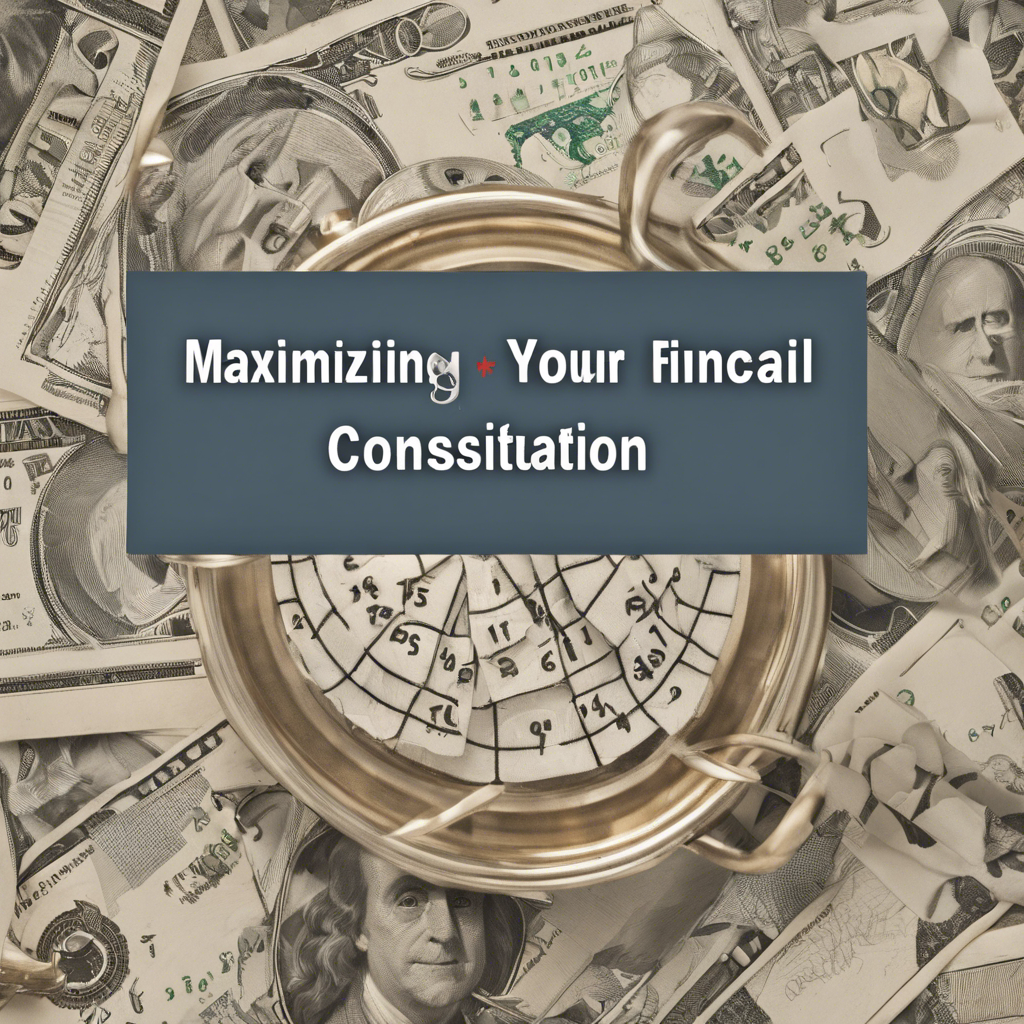Maximizing Your Initial Financial Adviser Consultation: A Guide to Setting Priorities

Understanding the Importance of Goal Setting and Managing Expectations for Your First Meeting
Seeking the guidance of a financial adviser can be a pivotal step towards achieving your long-term financial goals. However, many individuals are unsure of how to make the most of their initial consultation. In this article, we will explore the key considerations for maximizing your first meeting with a financial adviser. By prioritizing your goals and managing your expectations, you can set the stage for a productive and meaningful consultation.
Clarifying Your Objectives: The First Step Towards Financial Success
Before meeting with a financial adviser, it is crucial to clarify your objectives and identify your financial priorities. Take the time to reflect on your short-term and long-term goals, such as saving for retirement, purchasing a home, or funding your children’s education. By having a clear understanding of what you hope to achieve, you can effectively communicate your needs to your adviser.
Gathering Relevant Documents: Laying the Foundation for a Comprehensive Review
To ensure a productive consultation, gather all relevant financial documents before your meeting. This may include bank statements, investment account statements, tax returns, and insurance policies. By providing your adviser with a comprehensive overview of your financial situation, they can better assess your current position and provide tailored recommendations.
Managing Expectations: Understanding the Scope of the Initial Consultation
It is important to manage your expectations for the initial consultation with a financial adviser. While it can be tempting to expect an in-depth analysis of your entire investment portfolio, the first meeting is typically focused on establishing a foundation for future discussions. Your adviser will likely ask questions about your financial goals, risk tolerance, and time horizon to gain a better understanding of your individual needs.
Asking the Right Questions: Engaging in a Meaningful Dialogue
During your initial consultation, don’t hesitate to ask questions that will help you better understand your adviser’s approach and expertise. Inquire about their qualifications, experience, and investment philosophy. Additionally, discuss their fee structure and any potential conflicts of interest. This open dialogue will help you determine if the adviser is the right fit for your financial needs.
Taking Notes and Following Up: Maximizing the Value of the Consultation
To make the most of your initial consultation, take notes during the meeting to ensure you capture important details and recommendations. After the consultation, review your notes and consider any follow-up questions or concerns. Following up with your adviser demonstrates your commitment to the process and allows for further clarification on any topics discussed.
Conclusion:
Maximizing your initial financial adviser consultation requires careful preparation and effective communication. By clarifying your objectives, gathering relevant documents, managing your expectations, asking the right questions, and following up, you can lay the groundwork for a fruitful and ongoing relationship with your adviser. Remember, this initial meeting is just the beginning of a collaborative journey towards achieving your financial goals.

